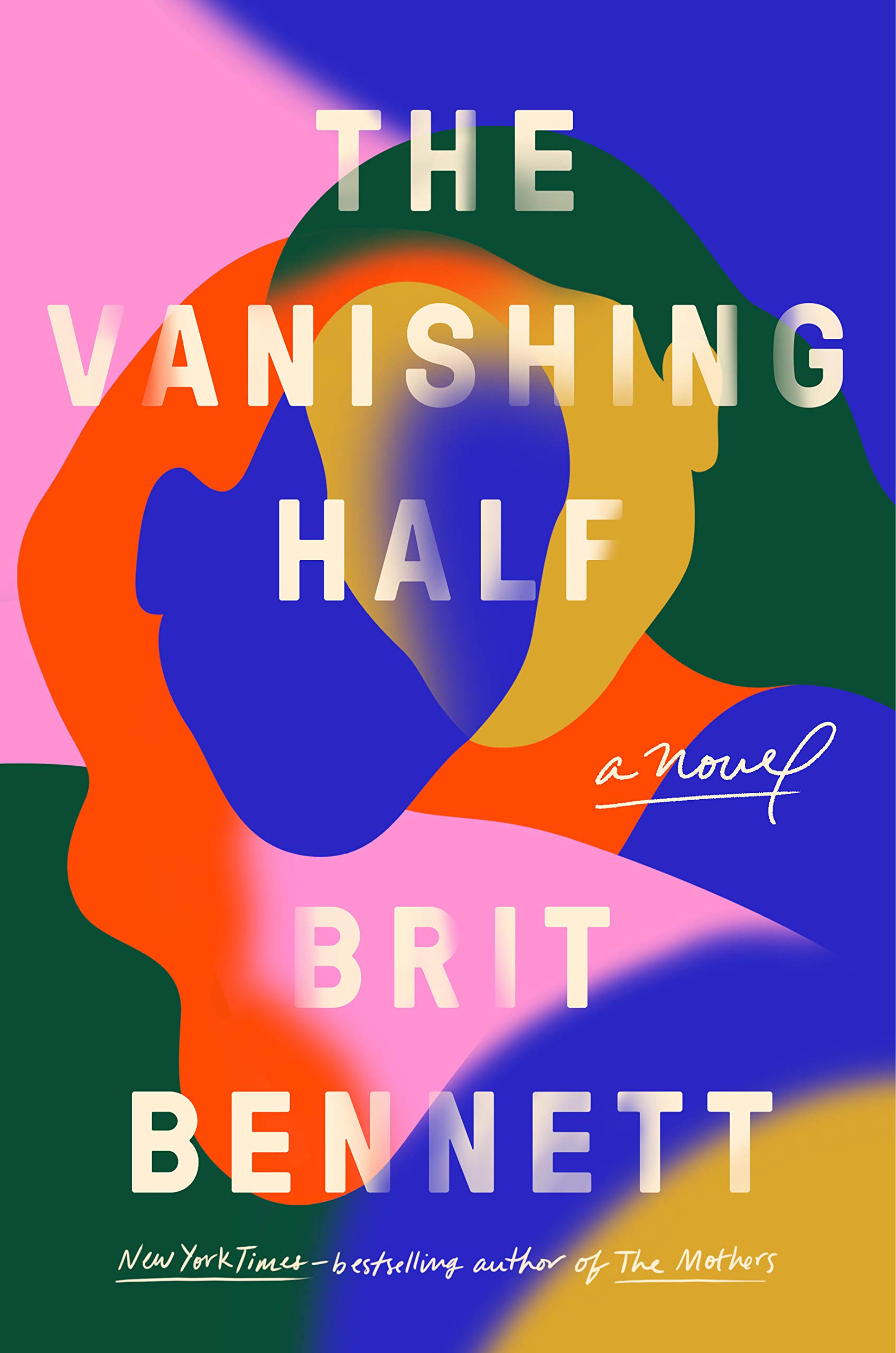Chapter 14: Navigating Identity and Belonging Through Shared Struggles
byBy the end of her first fortnight at Stardust Theater, Jude had firmly pegged Kennedy Sanders as the epitome of Broadway aspiration—a blend of celebrity and vulnerability, embodying themes of identity and belonging. Kennedy’s presence was undeniable; she commanded attention wherever she went, her every action radiating star power, from the way she challenged directors to the stories she wove about her life. The tales she told about herself, often exaggerated or mystified, painted a picture of someone living both in and out of reality, an actress yearning for recognition but, perhaps, unsure of her own worth. Her prized red sports car, carefully guarded and pampered, became a symbol of her self-perceived stature, its safety being a narrative tied to an incident with a rival.
In stark contrast, Jude found herself immersed in a quiet, behind-the-scenes existence at the theater. Her role as an usher was menial, but it provided a foothold—a chance to be close to the world she wanted, with the added benefit of being able to observe the theater’s inner workings. Jude told others she had recently graduated and was simply looking for extra income, but beneath that surface explanation lay a deeper, more personal motivation tied to Kennedy herself. Jude’s unspoken desire was not just to be a part of the theater world, but to understand Kennedy, to unravel something of her own past through Kennedy’s experience.
Reese, Jude’s significant other, grew suspicious of her attachment to the job, sensing that it was more than just financial necessity. His concern wasn’t unwarranted; Jude’s focus on Kennedy seemed to blur the lines between professional intrigue and personal fixation. Kennedy’s larger-than-life persona drew Jude in, but it was the personal glimpses that Kennedy let slip—about her struggles, her career ambitions, and her difficult relationship with her mother—that resonated with Jude on a deeper level.
Kennedy’s openness about her past, including her contentious relationship with her mother, created unexpected moments of empathy between the two women. Through Kennedy’s stories, Jude saw echoes of her own unresolved feelings about Stella, her estranged mother. Kennedy spoke of a mother who never supported her, who seemed to hold her back, and who had no understanding of her dreams or ambitions. For Jude, this narrative struck a chord, drawing parallels to her own experience with Stella, whose own reinvention and abandonment of the past had left Jude searching for something more.
Kennedy’s tales, whether about the uncertain trajectory of her acting career or her difficult family dynamics, painted her as both a dreamer and a misfit—someone trying to navigate the world’s expectations while grappling with her own sense of identity. She wasn’t just the glamorous actress; she was a vulnerable woman, at times unsure of her path, making her struggles all the more human. In some ways, Jude’s sympathy for Kennedy was born not only from their shared experiences with difficult mothers but from the realization that both were searching for a form of belonging—Kennedy in her career and Jude in her fractured family history.
Their after-theater exchanges, often occurring in a dimly lit neighborhood bar, offered an awkward camaraderie. Neither woman fully understood the other, yet there was an unspoken connection—Jude, in her quiet pursuit of familial truth, and Kennedy, inadvertently carrying the weight of a past that wasn’t entirely her own. The conversations, full of moments of laughter, confusion, and shared vulnerability, highlighted the tension between their worlds. They weren’t quite friends, but something deeper linked them, a shared longing for acceptance and understanding that transcended their differences.
This chapter delicately weaves together the themes of identity, ambition, and the quest for connection. Jude’s pursuit of her family’s truth intersects with Kennedy’s search for recognition, creating a bond that is both tenuous and significant. As the fading theater serves as the backdrop for their personal journeys, both women are forced to confront the larger questions of who they are and where they belong—within their careers, their families, and the ever-shifting world around them.


